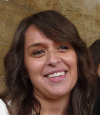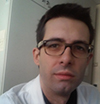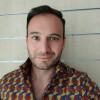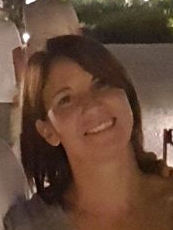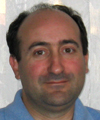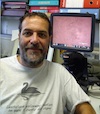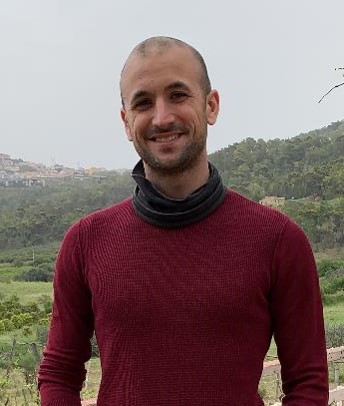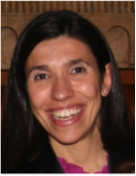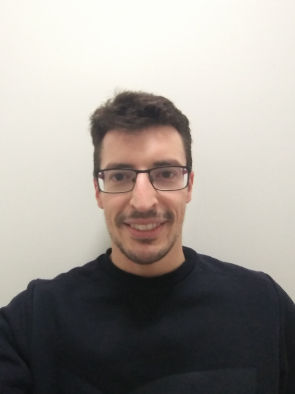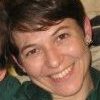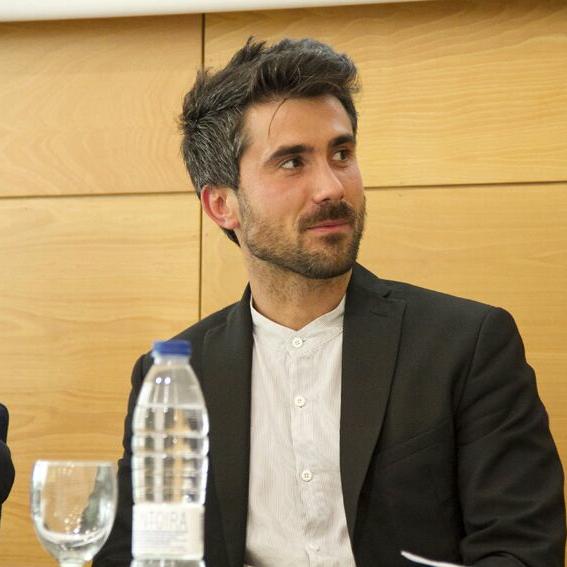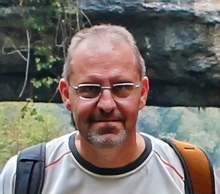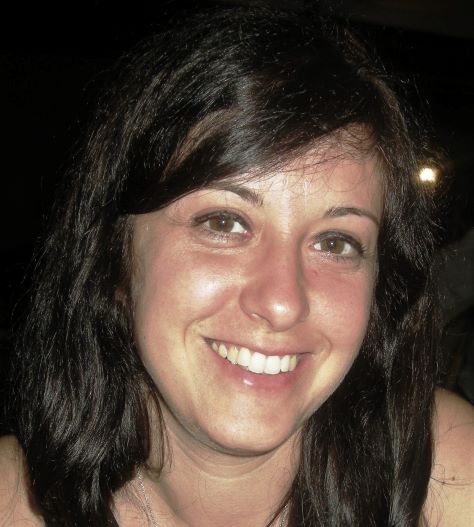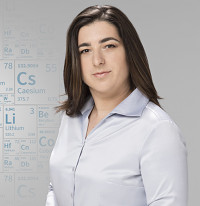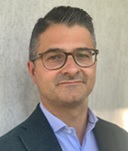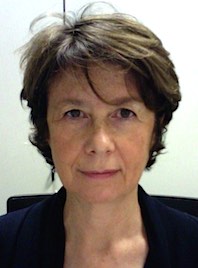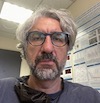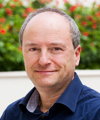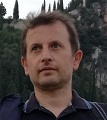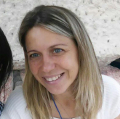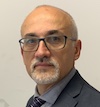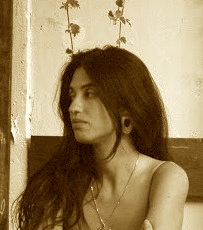Studying at the University of Verona
Here you can find information on the organisational aspects of the Programme, lecture timetables, learning activities and useful contact details for your time at the University, from enrolment to graduation.
Academic calendar
The academic calendar shows the deadlines and scheduled events that are relevant to students, teaching and technical-administrative staff of the University. Public holidays and University closures are also indicated. The academic year normally begins on 1 October each year and ends on 30 September of the following year.
Course calendar
The Academic Calendar sets out the degree programme lecture and exam timetables, as well as the relevant university closure dates..
| Period | From | To |
|---|---|---|
| I semestre | Oct 1, 2020 | Jan 29, 2021 |
| II semestre | Mar 1, 2021 | Jun 11, 2021 |
| Session | From | To |
|---|---|---|
| Sessione invernale d'esame | Feb 1, 2021 | Feb 26, 2021 |
| Sessione estiva d'esame | Jun 14, 2021 | Jul 30, 2021 |
| Sessione autunnale d'esame | Sep 1, 2021 | Sep 30, 2021 |
| Session | From | To |
|---|---|---|
| Sessione estiva di laurea | Jul 16, 2021 | Jul 16, 2021 |
| Sessione autunnale di laurea | Oct 11, 2021 | Oct 11, 2021 |
| Sessione autunnale di laurea - Dicembre | Dec 6, 2021 | Dec 6, 2021 |
| Sessione invernale di laurea | Mar 9, 2022 | Mar 9, 2022 |
| Period | From | To |
|---|---|---|
| Festa dell'Immacolata | Dec 8, 2020 | Dec 8, 2020 |
| Vacanze Natalizie | Dec 24, 2020 | Jan 3, 2021 |
| Epifania | Jan 6, 2021 | Jan 6, 2021 |
| Vacanze Pasquali | Apr 2, 2021 | Apr 5, 2021 |
| Festa del Santo Patrono | May 21, 2021 | May 21, 2021 |
| Festa della Repubblica | Jun 2, 2021 | Jun 2, 2021 |
| Vacanze estive | Aug 9, 2021 | Aug 15, 2021 |
Exam calendar
Exam dates and rounds are managed by the relevant Science and Engineering Teaching and Student Services Unit.
To view all the exam sessions available, please use the Exam dashboard on ESSE3.
If you forgot your login details or have problems logging in, please contact the relevant IT HelpDesk, or check the login details recovery web page.
Should you have any doubts or questions, please check the Enrollment FAQs
Academic staff
 elisa.artegiani@univr.it
elisa.artegiani@univr.it
 chiara.broccanello@univr.it
chiara.broccanello@univr.it
 flaminia.malvezzicampeggi@univr.it
flaminia.malvezzicampeggi@univr.it
 chiara.nardon@univr.it
chiara.nardon@univr.it
 mimimorena.seggio@univr.it
mimimorena.seggio@univr.it
 claudio.tomazzoli@univr.it
claudio.tomazzoli@univr.it
 franco.zivcovich@univr.it
franco.zivcovich@univr.it
Study Plan
The Study Plan includes all modules, teaching and learning activities that each student will need to undertake during their time at the University.
Please select your Study Plan based on your enrollment year.
1° Year
| Modules | Credits | TAF | SSD |
|---|
2° Year activated in the A.Y. 2021/2022
| Modules | Credits | TAF | SSD |
|---|
3° Year activated in the A.Y. 2022/2023
| Modules | Credits | TAF | SSD |
|---|
1 module to be chosen among the following| Modules | Credits | TAF | SSD |
|---|
| Modules | Credits | TAF | SSD |
|---|
| Modules | Credits | TAF | SSD |
|---|
1 module to be chosen among the followingLegend | Type of training activity (TTA)
TAF (Type of Educational Activity) All courses and activities are classified into different types of educational activities, indicated by a letter.
Biotechnology for circular bioeconomy (2022/2023)
Teaching code
4S008197
Academic staff
Coordinator
Credits
6
Language
Italian
Scientific Disciplinary Sector (SSD)
ING-IND/25 - CHEMICAL PLANTS
Period
Semester 1 dal Oct 3, 2022 al Jan 27, 2023.
Learning objectives
Students will learn the basics of different fields of applied biotechnology for circular bioeconomy (i.e., white, green, and blue biotech). At the end of the course, students will acquire and properly use the terminology and phrasing typical of the circular bioeconomy sector, fully understanding the potential of this paradigm both in the field of research and development as well as in the field of industrial applications.
Prerequisites and basic notions
No previous knowledge required
Program
The course will provide the concepts of sustainability, circular bioeconomy, and industrial biotechnology with example of applications (ethanol, VFA, PHA....)
Bibliography
Didactic methods
The teaching will involve in-person lectures (6 CFU, 48 hours).
The course will be divided into 3 sections: 1) General context and policies (Green Deal, bioeconomy, circular economy, sustainability) - The concept of biorefinery. Transition from a fossil to a "green" economy. Examples of using mixed crops for bioproducts, such as volatile fatty acids, polyhydroxyalkanoates, hydrogen and methane, SCPs; 2) Examples of using pure cultures for industrial/environmental biotechnological applications production of biodegradable plastics; implementation of MFC and MEC systems; biostimulation/bioaugmentation strategies for bioremediation of contaminated matrices; 3) Examples of using photosynthetic organisms production of biobased products and biofuels.
Learning assessment procedures
The final examination to evaluate learning of knowledge will consist of an oral test conducted by the three lecturers in charge of the course and will focus on the topics treated in class.
Evaluation criteria
The evaluation will take into account the degree of depth and relevance of the answers, the property of language and the critical ability of analysis.
Criteria for the composition of the final grade
The final grade will be in 30ths and will be the average of the evaluation of the answers for the individual topics
Exam language
Italiano
Type D and Type F activities
Le attività formative in ambito D o F comprendono gli insegnamenti impartiti presso l'Università di Verona o periodi di stage/tirocinio professionale.
Nella scelta delle attività di tipo D, gli studenti dovranno tener presente che in sede di approvazione si terrà conto della coerenza delle loro scelte con il progetto formativo del loro piano di studio e dell'adeguatezza delle motivazioni eventualmente fornite.
| years | Modules | TAF | Teacher |
|---|---|---|---|
| 3° | Model organism in biotechnology research | D |
Andrea Vettori
(Coordinator)
|
| years | Modules | TAF | Teacher |
|---|---|---|---|
| 3° | Python programming language | D |
Vittoria Cozza
(Coordinator)
|
| years | Modules | TAF | Teacher | |
|---|---|---|---|---|
| 1° | Subject requirements: chemistry and biology | D | Not yet assigned | |
| 1° | Subject requirements: basic mathematics and physics | D | Not yet assigned | |
| 3° | LaTeX Language | D |
Enrico Gregorio
(Coordinator)
|
|
Career prospects
Module/Programme news
News for students
There you will find information, resources and services useful during your time at the University (Student’s exam record, your study plan on ESSE3, Distance Learning courses, university email account, office forms, administrative procedures, etc.). You can log into MyUnivr with your GIA login details: only in this way will you be able to receive notification of all the notices from your teachers and your secretariat via email and soon also via the Univr app.
Graduation
List of theses and work experience proposals
| theses proposals | Research area |
|---|---|
| Studio delle proprietà di luminescenza di lantanidi in matrici proteiche | Synthetic Chemistry and Materials: Materials synthesis, structure-properties relations, functional and advanced materials, molecular architecture, organic chemistry - Colloid chemistry |
| Multifunctional organic-inorganic hybrid nanomaterials for applications in Biotechnology and Green Chemistry | Synthetic Chemistry and Materials: Materials synthesis, structure-properties relations, functional and advanced materials, molecular architecture, organic chemistry - New materials: oxides, alloys, composite, organic-inorganic hybrid, nanoparticles |
| Dinamiche della metilazione del DNA e loro contributo durante il processo di maturazione della bacca di vite. | Various topics |
| Risposte trascrittomiche a sollecitazioni ambientali in vite | Various topics |
| Studio delle basi genomico-funzionali del processo di embriogenesi somatica in vite | Various topics |
Attendance
As stated in the Teaching Regulations for the A.Y. 2022/2023, attendance is not mandatory. However, professors may require students to attend lectures for a minimum of hours in order to be able to take the module exam, in which case the methods that will be used to check attendance will be explained at the beginning of the module.
 045 802 7873
045 802 7873


